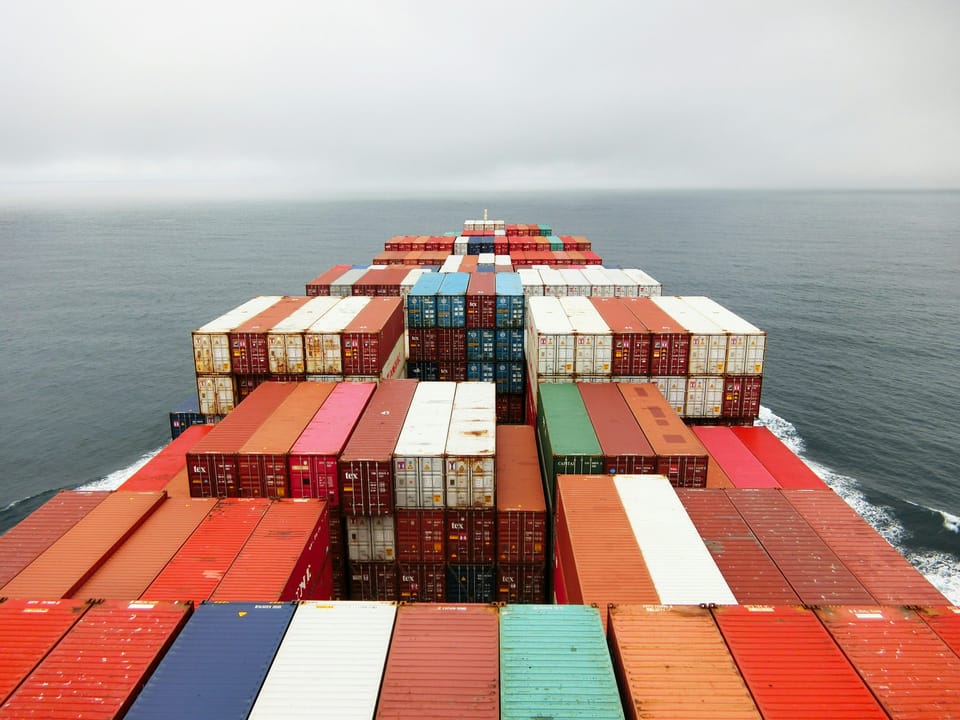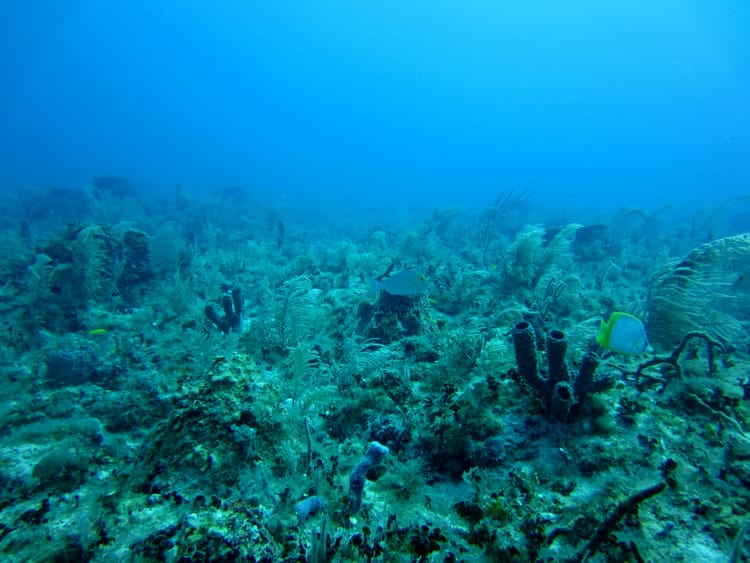Countries cave to Trump pressure and table net zero shipping framework
"It was a process bent to the will of the US through threats and intimidation.”

The Net Zero Framework introduced this year by the International Maritime Organisation (IMO) was not adopted last week after US President Donald Trump warned he would “not tolerate” a global carbon tax on shipping.
Despite broad consensus at the IMO’s previous meeting in April, a last-minute US-led campaign against the framework garnered support from Saudi Arabia, which last Friday filed a motion to adjourn the adoption vote by one year.







